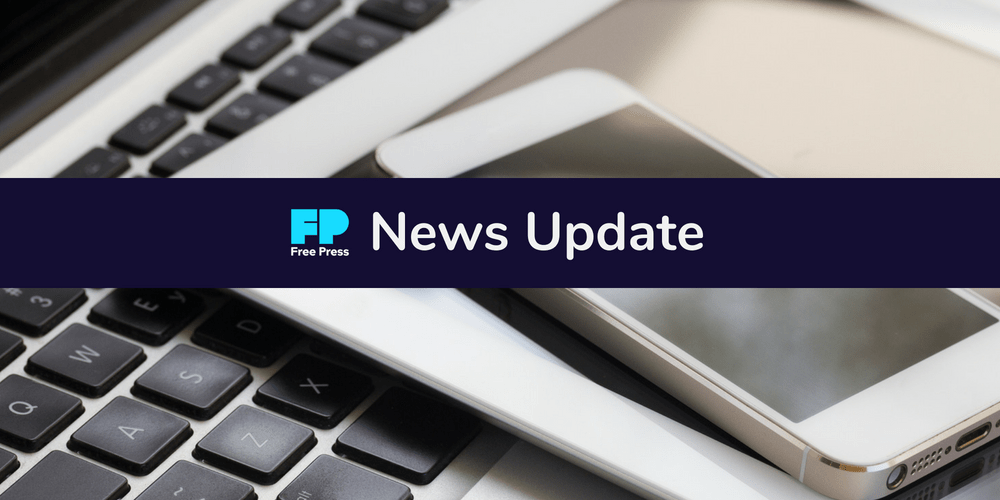The Disinfo Defense League Calls on Congress to Ensure New Privacy Legislation Safeguards Everyone's Online Civil Rights

WASHINGTON — On Tuesday, more than a dozen members of the Disinfo Defense League (DDL) urged the leadership of the House Commerce Committee and the Subcommittee on Consumer Protection and Commerce to move the American Data Privacy and Protection Act forward to markup. DDL is calling on lawmakers to then add amendments to the legislation that include more robust measures to blunt the extractive data practices of social-media platforms and other data brokers.
The groups submitted a letter in advance of today’s subcommittee hearing on “Protecting America’s Consumers: Bipartisan Legislation to Strengthen Data Privacy and Security.” The letter calls on Congress to ensure that the legislation aligns with the DDL Policy Platform, which recommends comprehensive digital-privacy measures to safeguard privacy and civil rights on social-media platforms. These include establishing individuals’ rights to control their own data, enhancing data transparency, preventing algorithmic discrimination, and protecting whistleblowers and external researchers, among other actions.
“We are deeply concerned by systemic problems posed by the complex set of digital tactics, extractive data practices, and manipulative designs that undermine confidence in our democracy, sow distrust among Americans in our public health institutions, disenfranchise voters, and chill engagement for our communities,” the groups write in the letter. “Extractive data practices contribute to the weaponization of online narratives that target our communities.”
“We’ve been waiting for more than a decade for Congress to tackle online privacy and data-security issues and this draft legislation is a promising start,” said Nora Benavidez, Free Press Action’s senior counsel and director of digital justice and civil rights. “We can’t continue to allow these companies to collect, buy, sell, share and outright abuse people’s most personal information. It’s also critical that the legislation require companies to make all privacy policies and notices available in each language in which they provide a product or service. This would help eliminate the gross disparity between what tech companies do and disclose in English versus what they convey in other languages.”
“For too long, the lack of meaningful privacy protections has posed serious threats to our democracy,” said Yosef Getachew, Common Cause’s media and democracy program director. “Companies can easily manipulate data in nefarious and discriminatory ways that allow bad actors to create disinformation campaigns that seek to deprive individuals of the right to vote or sow distrust in our civic institutions. We need a comprehensive privacy law that limits the amount of data companies can collect, protects our civil rights, prohibits discriminatory uses of data and ultimately gives users control over their own data. The bipartisan American Data Privacy and Protection Act is a positive step in the right direction to achieve these goals. We look forward to working with members of Congress on this important proposal.”
“At long last, the U.S. Congress has a bipartisan data-privacy bill that protects human rights online and could actually become federal law,” said Willmary Escoto, U.S. policy analyst at Access Now. “The American Data Privacy and Protection Act is an exciting opportunity to position civil rights at the forefront of data protection and move U.S. law into the digital era. With this bill, companies would be largely stripped of the power to commit daily data abuses on marginalized communities without consequence. If they don’t have our data, it can’t be used against us.”
DDL is a distributed national network of more than 230 grassroots community-based organizations that are building a collective defense against disinformation campaigns that deliberately target Black, Latinx, Asian American and other communities of color. Access Humboldt, Access Now, Asian Americans Advancing Justice-AAJC, Common Cause, Equality Labs, Free Press Action, Friends of the Earth, Kairos Action, MediaJustice, Muslim Advocates, New Georgia Project, ReFrame Action and United Church of Christ Media Justice Ministry signed Tuesday’s letter.